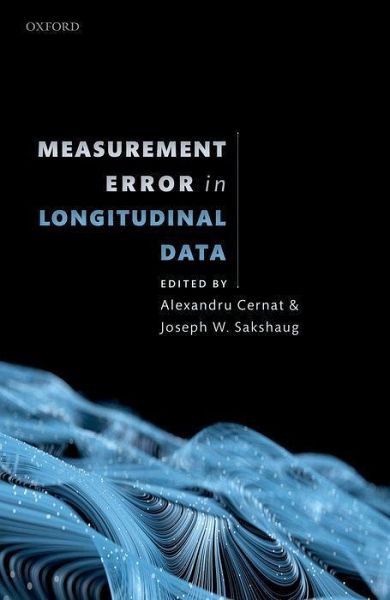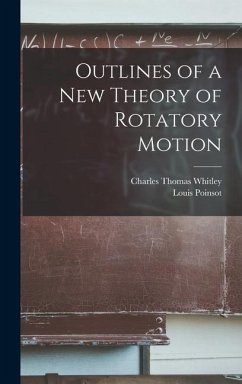
Gebundenes Buch
Measurement Error in Longitudinal Data
Versandkostenfrei!
Versandfertig in über 4 Wochen

PAYBACK Punkte
70 °P sammeln!




Measurement Error in Longitudinal Data tackles the important issue of how to understand and estimate change in the context of imperfect data.
Alexandru Cernat is a senior lecturer in the Social Statistics Department at the University of Manchester. He has a PhD in survey methodology from the University of Essex and was a post-doc at the National Centre for Research Methods and the Cathie Marsh Institute. His research and teaching focus on: survey methodology, longitudinal data, measurement error, latent variable modelling, new forms of data and missing data. Joseph W. Sakshaug is Deputy Head of Research and Head of the Data Collection and Data Integration Unit in the Statistical Methods Research Department at the Institute for Employment Research (IAB) in Nuremberg. He is also University Professor of Statistics in the Department of Statistics at the Ludwig Maximilian University of Munich, and Honorary Professor in the School of Social Sciences at the University of Mannheim. His research and teaching focuses on survey design and estimation, nonresponse and measurement error, and data integration.
Produktdetails
- Verlag: Oxford University Press
- Seitenzahl: 464
- Erscheinungstermin: 11. Mai 2021
- Englisch
- Abmessung: 239mm x 161mm x 28mm
- Gewicht: 896g
- ISBN-13: 9780198859987
- ISBN-10: 0198859988
- Artikelnr.: 60745349
Herstellerkennzeichnung
Libri GmbH
Europaallee 1
36244 Bad Hersfeld
gpsr@libri.de
Für dieses Produkt wurde noch keine Bewertung abgegeben. Wir würden uns sehr freuen, wenn du die erste Bewertung schreibst!
Eine Bewertung schreiben
Eine Bewertung schreiben
Andere Kunden interessierten sich für











